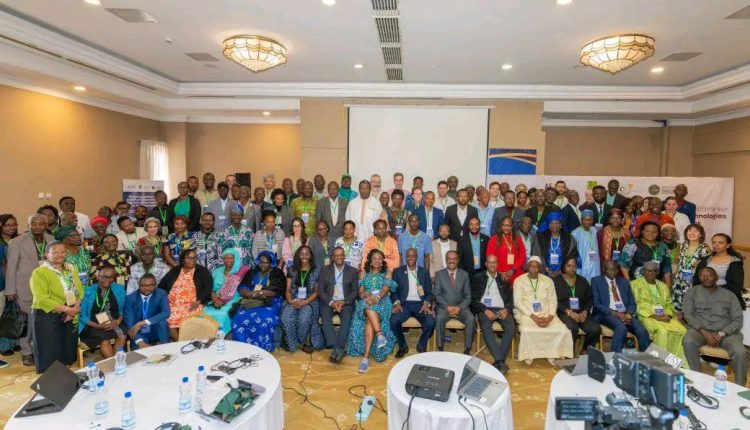Africa Must Harness Digital Technology for Food Systems Transformation: Ethiopian State Minister
Addis Ababa, October 2, 2025 (FMC) – Africa must urgently harness digital technologies to drive the transformation of its food systems and ensure food sovereignty, Ethiopia’s State Minister of Planning and Development Seyoum Mekonnen said on Thursday.
Addressing the opening of the first-ever Pan-African Convening on the Future of Biodigital Technologies in Food and Agriculture in Addis Ababa, Seyoum underscored the need for a fundamental shift in how African nations approach food security.
Despite possessing more than 60 percent of the world’s uncultivated arable land, the continent remains a net food importer, he said, stressing that the convergence of biological and digital innovations marks a paradigm shift in nourishing African nations.
The State Minister emphasized that food sovereignty and agroecology are not distant ideals but achievable realities for all Africans, adding that digital technology can provide the tools to accelerate this transformation.
Seyoum highlighted that Ethiopia is not a bystander in the global climate and digital revolution but an active contributor shaping it. He pointed to the Addis Ababa Declaration from the recent African Climate Summit, which calls for homegrown solutions, and noted that Ethiopia has launched the Africa Climate Innovation Compact to scale up technologies that support this vision.
He also cited the rollout of the Fayda Digital ID in Ethiopia as a critical step toward transparency and accountability. The system, he said, will ensure climate finance effectively reaches smallholder farmers and women-led enterprises by enhancing Know Your Customer (KYC) compliance and reducing fraud.
“The time for action is now,” the State Minister urged, calling for collaborative efforts across the continent to reimagine and transform Africa’s food systems.
On his part, AFSA Chairperson Hakim Baliraine stressed that Africa must ensure its food sovereignty in a way that embraces its cultural and ecological heritages.
Baliraine said the convening represents more than a meeting, describing it as a collective act of resistance and imagination against technologies that have been developed without regard for local food systems.
He cautioned that digital tools, artificial intelligence, and new bio-digital technologies, while often presented as efficient, could threaten indigenous knowledge and diversity by serving corporate interests.
The AFSA Chairperson warned against Africa being used as a testing ground for digitalization and urged participants to consider technology’s role in empowering rather than undermining local food systems.
Baliraine encouraged attendees to share experiences, build solidarity across the continent, and craft narratives that celebrate the wisdom and resilience of Africa’s traditional food practices.
The three-day meeting is organized by the Alliance for Food Sovereignty in Africa (AFSA), a coalition of 48 member networks working in 50 African countries. Its members include farmers’ organizations, NGO networks, consumer movements, faith-based groups, indigenous peoples, and environmental advocates, all committed to advancing food sovereignty and agroecology in Africa.

